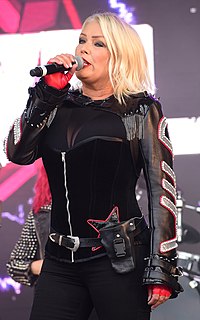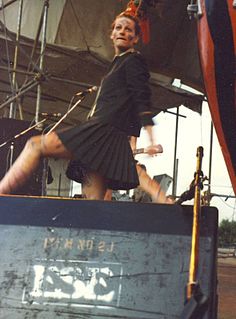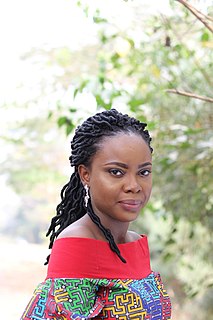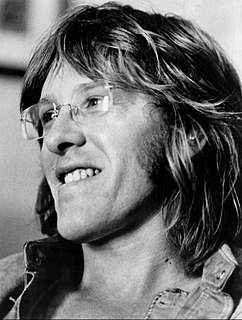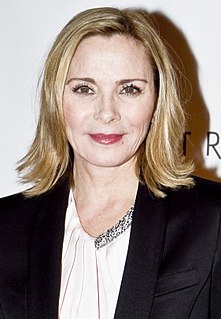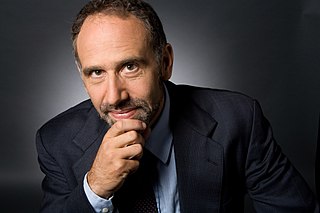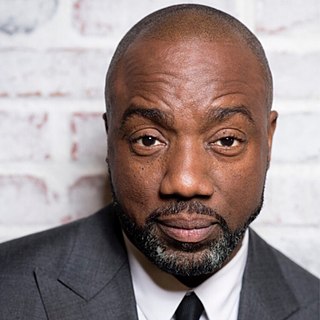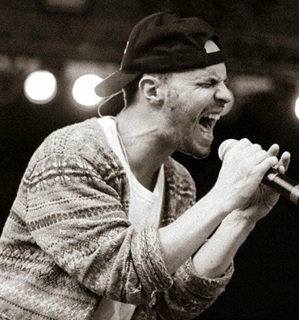A Quote by Kim Wilde
Careers don't seem to be built up in the same way as they were in the 80s.
Related Quotes
The 1980s were such a shock for me. I was really young, obviously, and The Slits were just mutilated. We were totally sabotaged to such a point that we were put out in exile. So that was the best way for me to spend the '80s: in the jungle, naked. Maybe there are more options now, and there's more girl groups. The only thing good that came out of the '80s was breakdancing.
I'm still very interested in the things that happened in the '80s and the '70s because I think that they were very important years for Nigeria. In the '80s, we were under a military dictatorship for quite a while, and I think that the way we engage with our country as citizens was shaped in many ways by the events that took place in that time.
Back in the day however, careers were strictly built on competitions, just like surfing, though surfing is changing too so you can free surf and still get paid. So I think that rivalry was really because of the fans and the media who built it up, but it did bring something exciting about the sport, just like in any sport, whether it's Larry Bird or Magic Johnson, I think it just made skating that much more exciting.
This will sound like I grew up on another planet, except for those people who are past 55, 60 maybe. When I was growing up, my mother and her generation basically felt that you should only work as a way of passing time until you got married and had at least two children. And the only careers that were open for women at the time was teacher or nurse - which are fantastic careers, I mean fantastic and I actually am a former math teacher.
I worked very hard to try and figure out what I thought and I believed that we were going to succeed and that revolutions would happen globally and we would be a part of that and we would have then not capitalism. We would have values based on human lives, not profit. We would actually transform the kinds of ways people built love and built community. It was a very shocking thing to me, out of the end of the 70s and the beginning of the 80s, to realize that that dream - while I still believed in it - was not going to happen in the way that I had hoped.
Growing up in the '80s, questions of style and music and youth culture all seemed inherently political - like gay rights issues, dressing up, wearing makeup, arms protests. A lot of attitude and opinions were expressed through clothes, and they all were meaningful. So in that way, I was so excited about the connection between our private lives and politics - who I kiss, how I like to dance.
